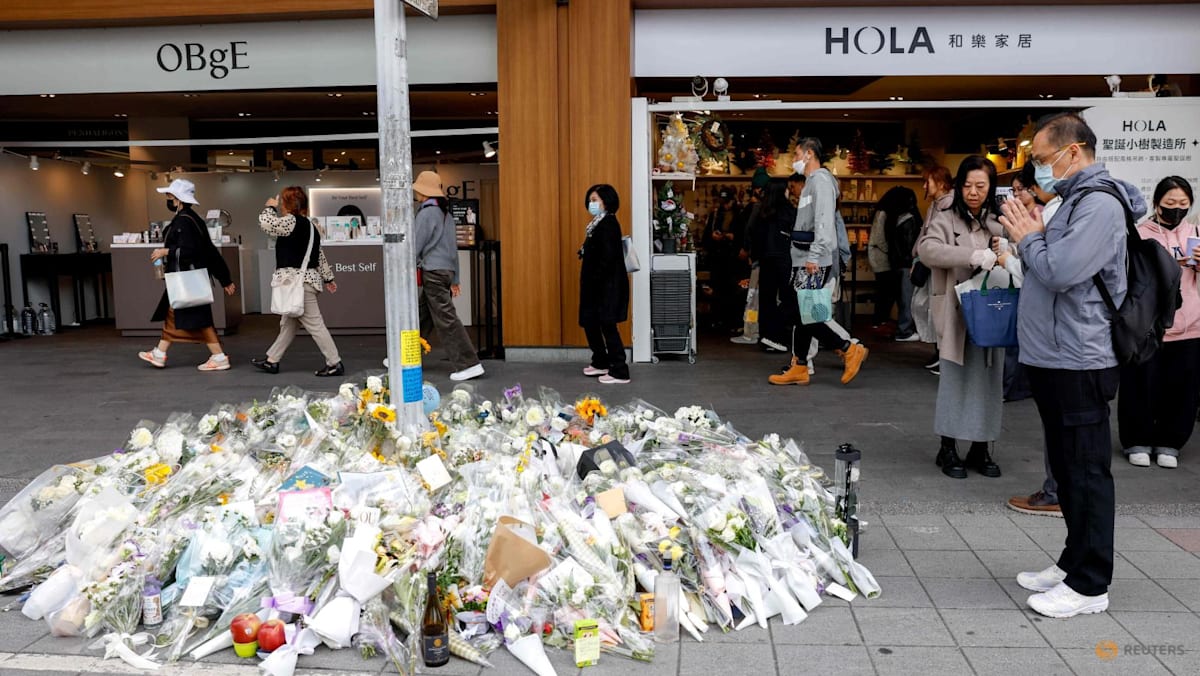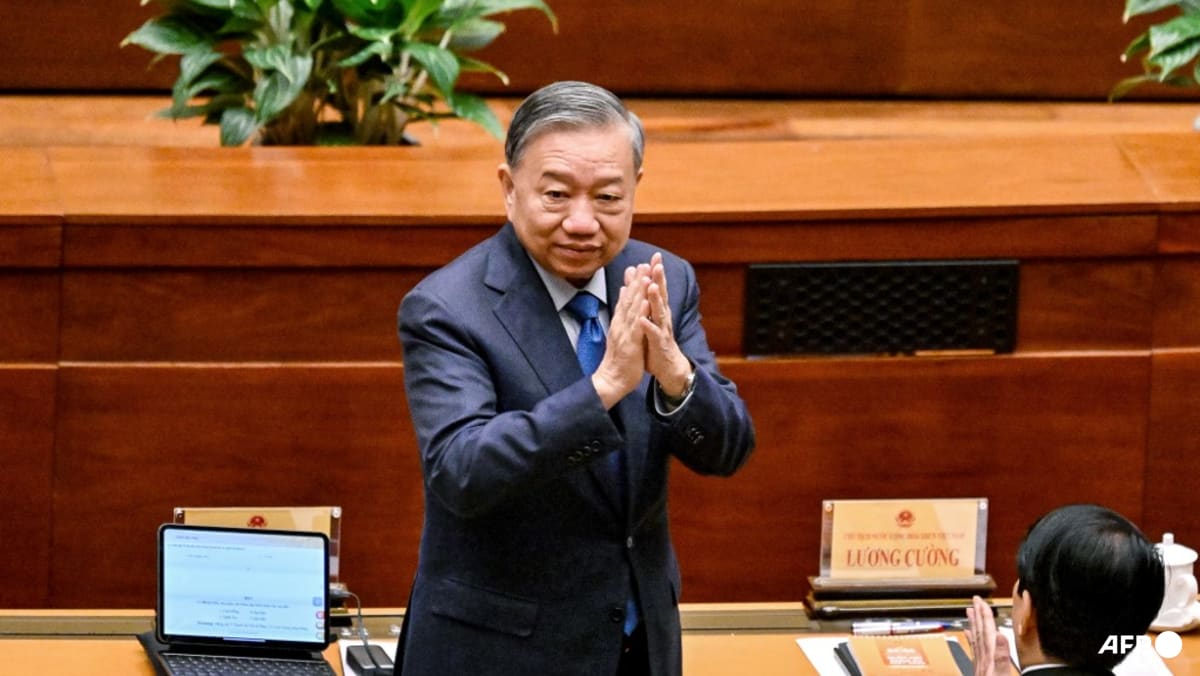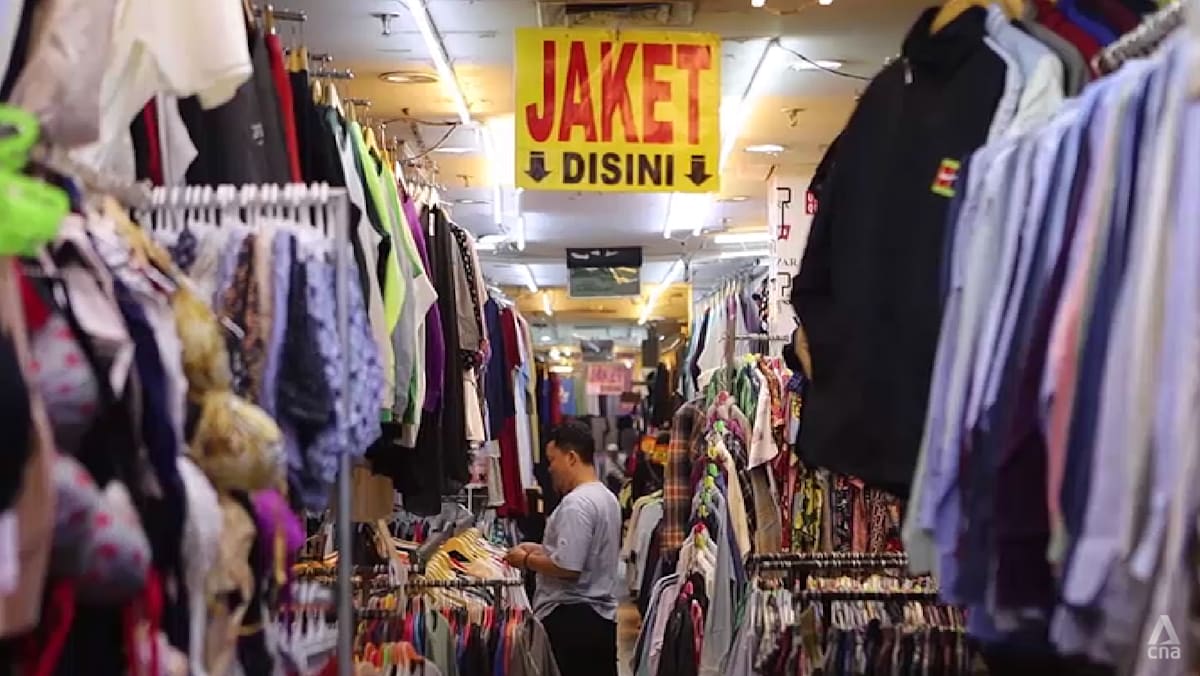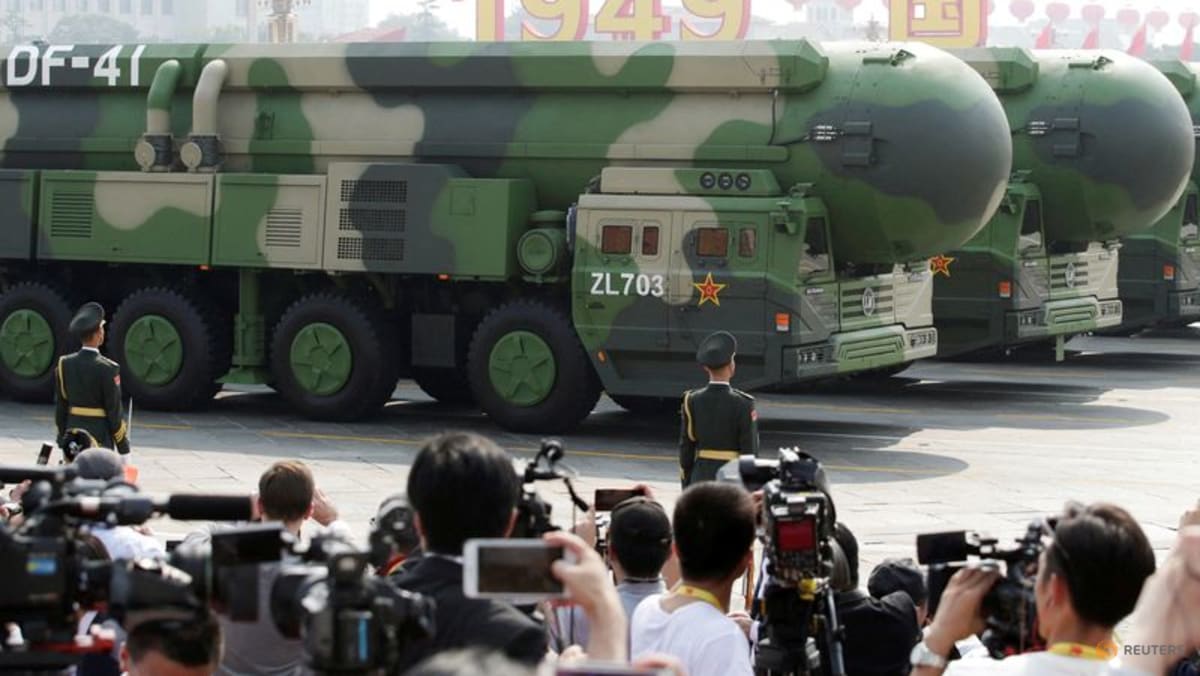Commentary: Chinese women are breaking period taboos to campaign for cheaper tampons and pads
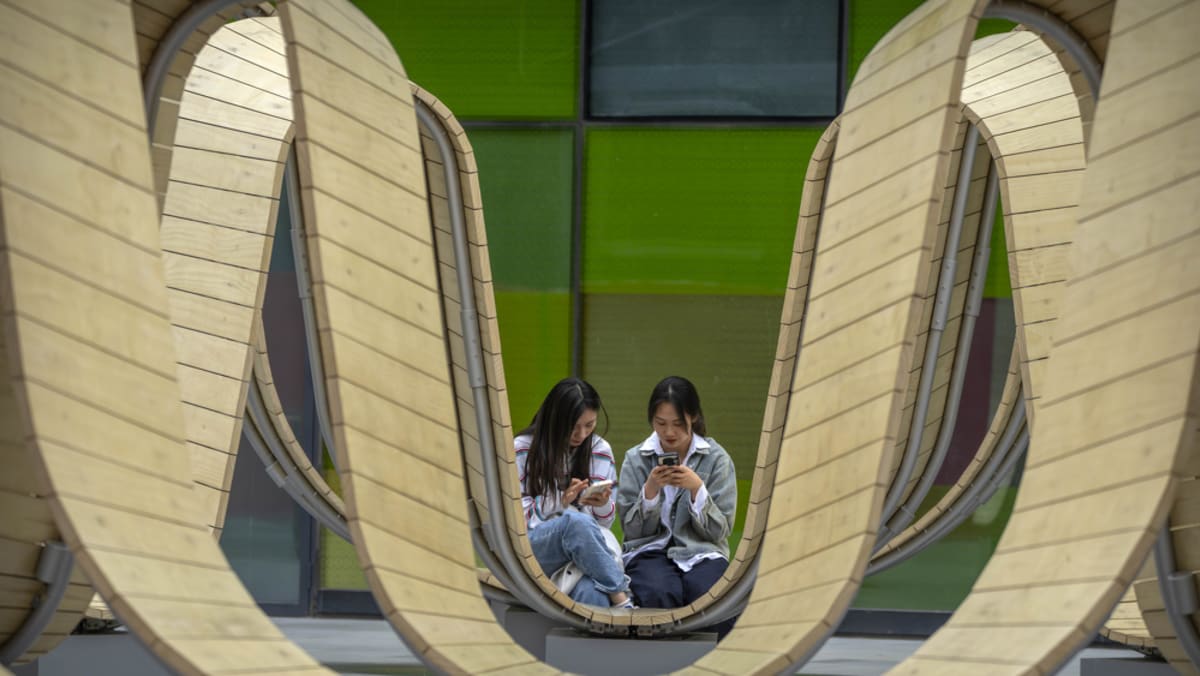
TABOO, IGNORANCE AND AVOIDING DISCUSSION ON PERIODS
Period blood has long been falsely regarded as impure in China, with the potential to contaminate anyone who comes into contact with it.
Menstruating women were traditionally prohibited from entering temples, even today women in some places are banned from worship during their periods. To avoid the social discomfort associated with uttering the word “menstruation”, women often used euphemisms such as “the big aunt” or “that”.
From the early 2000s, Chinese feminists began to tackle shame and taboos around menstruation, spurred on by the influence of Western feminist movements. One notable example is the debut of the dance Menarche (named after the first menstrual cycle), which featured in the Chinese adaptation of The Vagina Monologues, in 2003.
A Chinese social media campaign in February 2020, during the COVID-19 pandemic, drew attention to the desperate need for women doctors and nurses to have access to sanitary pads and period pants. Many female medical workers were not given time to change their sanitary pads during their long working hours at hospitals, or did not have access to supplies. A public campaign for donations of sanitary towels or period pants drew support, but critics argued they were nonessential items.
Another issue is that high prices of sanitary items leave many girls unable to afford them. In August 2020, a Weibo user shared a screenshot of bulk sanitary napkins purchased online. The post prompted a wider discussion about how many girls in rural areas didn’t have access to these products, partly because of cost but also because of taboos.
According to one report, 5 per cent of girls in poorer rural areas across China did not use sanitary products, while 13 per cent felt ashamed about asking their parents for money to buy them. Many girls in rural areas were using rough paper, old towels or worn-out clothing.
Source: CNA






